CAR-T Alternative Cancer Treatment for Cancer in Beijing, China
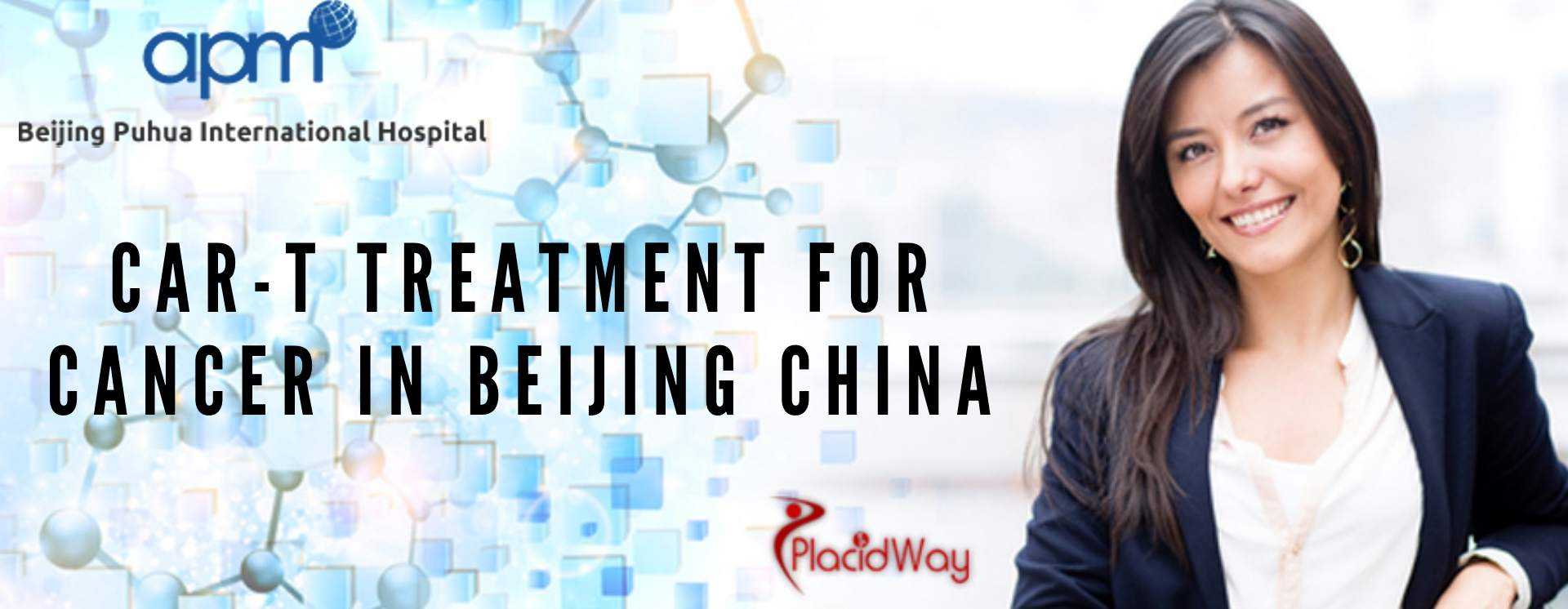
CAR-T Treatment for Cancer in Beijing China
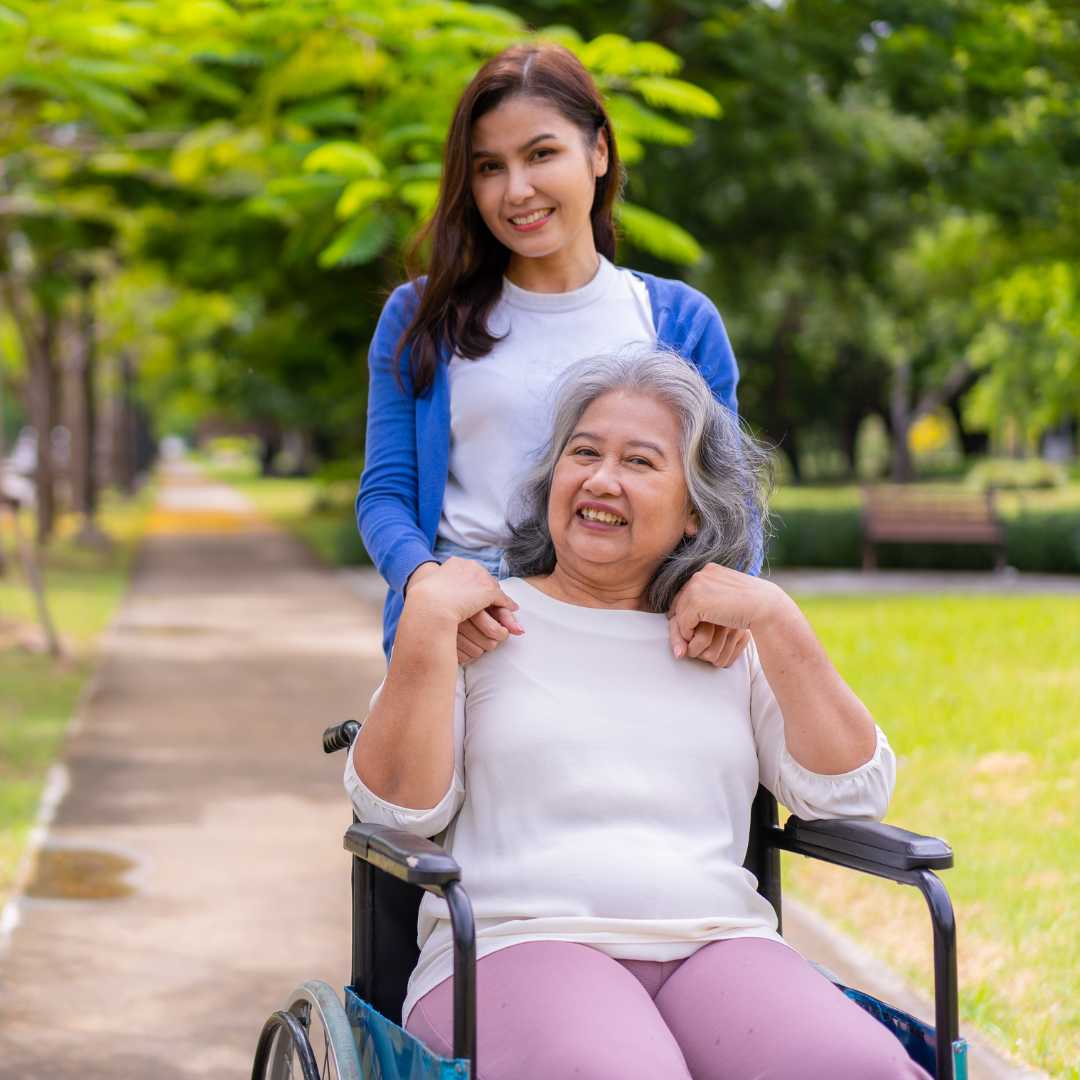 Beijing Puhua International Hospital now brings the most effective CAR-T Treatment for cancer. Chimeric antigen receptor(CAR) T cell technology is a kind of ACI (Adoptive Cellular Immunotherapy) that can help in the process of healing cancer. T cell of the patient expresses CAR through the technology of genetic reconstruction, which makes the effector T cells are more persistent, targeted and lethal than conventional immune cells, and can overcome local immunosuppressive microenvironment of tumor and break host immune tolerance. This is a specific immune cell anti-tumor therapy.
Beijing Puhua International Hospital now brings the most effective CAR-T Treatment for cancer. Chimeric antigen receptor(CAR) T cell technology is a kind of ACI (Adoptive Cellular Immunotherapy) that can help in the process of healing cancer. T cell of the patient expresses CAR through the technology of genetic reconstruction, which makes the effector T cells are more persistent, targeted and lethal than conventional immune cells, and can overcome local immunosuppressive microenvironment of tumor and break host immune tolerance. This is a specific immune cell anti-tumor therapy.
CART follows a principle of taking out the patient’s own immune T cells' “normal version” and proceed gene engineering, assemble in vitro for tumor-specific targets of large antipersonnel weapon “chimeric antigen receptor (CAR)”, and then infuse the changed T cells back into the body of the patient. After this, new modified cell receptors will like to install a radar system that can guide the T cells to locate and destroy cancer cells.
Cost of CAR-T Treatment for Cancer in Beijing, China
You can get CAR-T Treatment Package for Cancer in Beijing China by Beijing Puhua Hospital with the price starts at $150,000. Please refer to our price list table below:
|
Location |
Cost in USD |
|
Beijing, China |
$150,000 |
|
United States |
$500,000 |
Note: price may change and vary depends on complexity of procedures and patient conditions. Click free quote button below to learn more:
Benefits of CAR-T Treatment at BPIH in Beijing, China
Due to the intracellular signal domain structural differences, CAR has developed four generations. BPIH uses the latest CART generation.
-
1st generation: There was only one intracellular signal component and the tumor inhibition effect was poor.
-
2nd generation: Added a co-stimulating molecule on the basis of the first generation, and the ability of T cells to kill tumors was improved.
-
3rd generation: Based on the second generation of CAR, the ability of T cells to inhibit tumor proliferation and promote apoptosis was significantly improved.
-
4th generation: CAR-T cells can be involved in the clearance of tumor cell population by activating the downstream transcription factor NFAT to induce interleukin-12 after CAR recognizes the target antigen.
General CAR-T Treatment Benefits
-
These highly-targeted cells can kill tumor cells with antigen specificity more effectively.
-
It requires shortest amount of time to culture T cells because it requires fewer cells under the same treatment effect. The vitro culture cycle can be shortened to 2 weeks, which largely reduced the waiting time.
-
CAR can recognize not only peptide antigens but also sugar and lipid antigens, expanding the target range of tumor antigens. CAR T therapy is also not limited by the protein antigens of tumor cells. CAR T can use the sugar and lipid non-protein antigens of tumor cells to identify antigens in multiple dimensions.
-
CAR-T has a certain wide – spectrum reproducibility. Since certain sites are expressed in multiple tumor cells, such as EGFR, a CAR gene for this antigen can be widely used once it is constructed.
-
CAR T cells have an immune memory function and can survive in the body for a long time. It is of great clinical significance to prevent tumor recurrence.
Overview of the CAR-T Treatment for Cancer in Beijing China
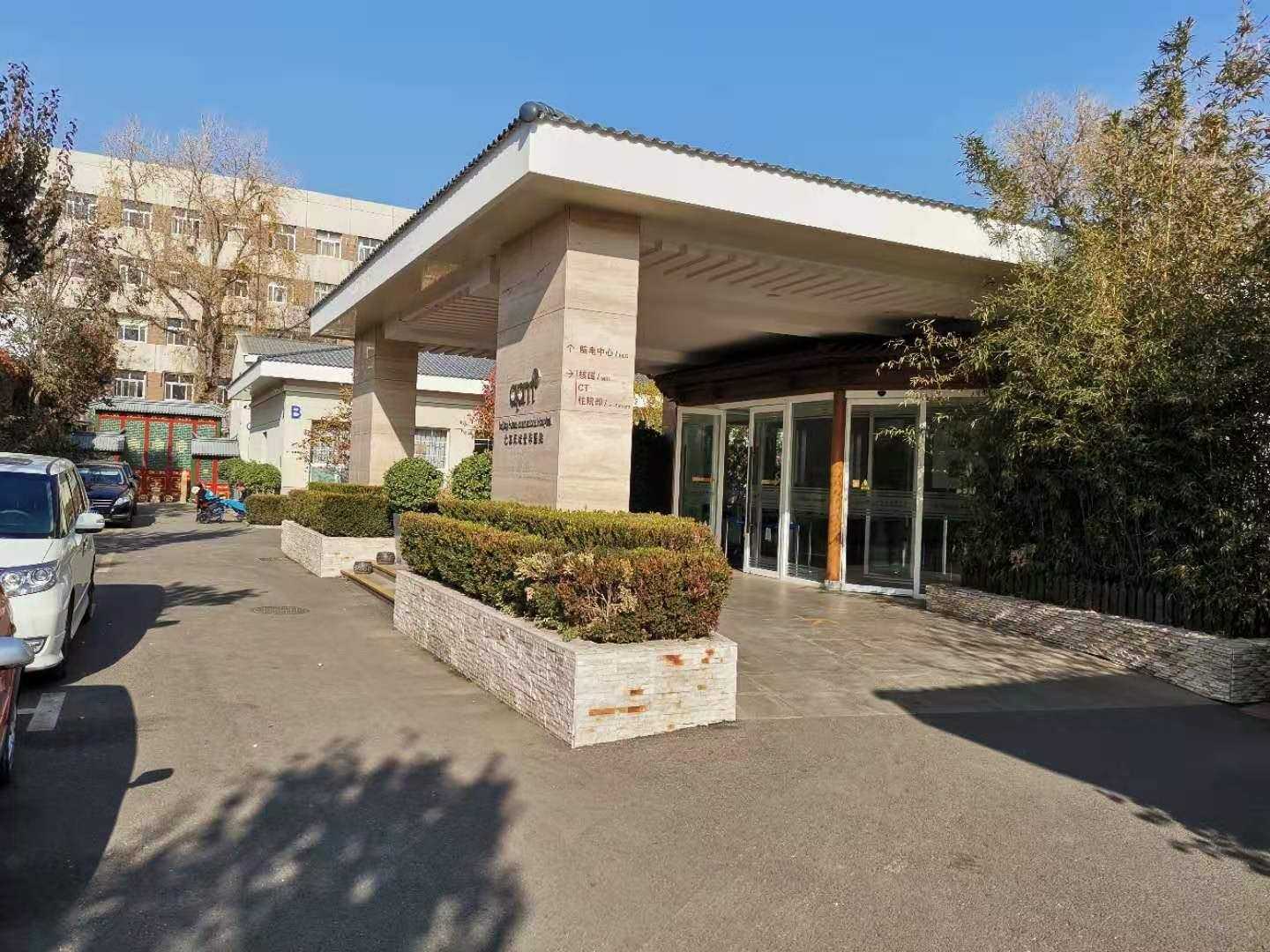 CAR-T therapy involves several steps, starting with the extraction of T cells from the patient's blood. These cells are then genetically modified in a laboratory to express chimeric antigen receptors (CARs) targeting cancer cells. After expansion and activation, the modified T cells are infused back into the patient, where they recognize and destroy cancer cells. Throughout the process, meticulous monitoring and supportive care are provided to manage potential side effects and optimize treatment outcomes.
CAR-T therapy involves several steps, starting with the extraction of T cells from the patient's blood. These cells are then genetically modified in a laboratory to express chimeric antigen receptors (CARs) targeting cancer cells. After expansion and activation, the modified T cells are infused back into the patient, where they recognize and destroy cancer cells. Throughout the process, meticulous monitoring and supportive care are provided to manage potential side effects and optimize treatment outcomes.
Essential Details Required
-
Past chemotherapy regimens
-
If serious infections or other complications existed in the last 2 weeks
-
Routine blood test (CBC) results in the last three days
-
Electrolyte detection results in the last three days
-
Liver function results in the last three days
-
Renal function results in the last three days
-
The results of bone marrow smear in the last 2-4 weeks
-
The results of bone marrow flow cytometry in the last 2-4 weeks
-
PET/CT, CT or MRI findings in the past 4-8 weeks
-
The results of blood and/or urine immunofixation electrophoresis in the last 2 weeks (Optional for non-myeloma patients)
-
24-hour urine protein quantity results gained in the last 2 weeks. (Optional for non-myeloma patients)
-
Size and location of the largest tumor mass, etc.
Before CAR-T Cancer Treatment at BPIH in Beijing, China
Generally, at the very beginning, patients are requested to provide relevant medical reports for our team to make the medical evaluation. Based on the evaluation results, if the patient is acceptable, we will make a treatment plan for him/her. Finally, the patient will receive an evaluation report from the hospital, in which the patient can find the treatment plan, treatment period, estimate cost, etc.
Why Choose BPIH for Cancer Treatment in Beijing, China?
Beijing Puhua International Hospital (BPIH) has strong and well-trained multi-discipline professional teams for cancer treatment. They provide our cancer patients the most complete and comprehensive medical care available. Every member of their medical team has many years of clinical/research experience, and they collaborate closely to help cancer patients.
BPIH has a strong biomedical research team with their own international standardized laboratory backup allows them to develop continuously and stand in the forefront of immunotherapy for cancer. Till now, Puhua has treated thousands of cancer patients and more than 90% of them got significant improvement.
Our complete and comprehensive therapeutic approaches include surgery, targeted therapy, immunotherapy and Tradtional Chinese Medicine (TCM), we also have HIFU technique, radiofrequency ablation therapy, cryotherapy, and sonodynamic Therapy, etc. We will make specific treatment program for you after get your medical reports.
CAR-T Treatment Package Inclusions
-
Comprehensive Medical Evaluation: Each package includes thorough medical assessments, including diagnostic tests and consultations with multidisciplinary specialists to tailor treatment plans to individual needs.
-
CAR-T Therapy Administration: The package covers the entire CAR-T therapy process, from T cell extraction and genetic modification to infusion, ensuring seamless delivery of treatment under expert supervision.
-
Personalized Care Coordination: Patients receive dedicated support from a patient care coordinator who oversees every aspect of their treatment journey, from appointment scheduling to logistical arrangements.
-
Accommodation and Amenities: Packages include comfortable accommodation options within or near the hospital premises, as well as access to amenities to ensure patients' comfort and convenience during their stay.
-
Post-Treatment Follow-up: Continued care and monitoring are integral to the package, with scheduled follow-up appointments and assessments to track treatment response and address any emerging concerns.
CAR-T Treatment Package Exclusions
-
Travel Expenses: While the package covers treatment-related costs, patients are responsible for their travel expenses, including airfare, visas, and local transportation.
-
Personal Expenses: Additional expenses such as meals, laundry, and personal purchases are not included in the package and should be budgeted separately by the patient.
-
Complications Management: While rare, the management of treatment-related complications beyond the scope of standard care may incur additional costs, which are not covered by the package.
-
Extended Hospital Stay: In cases where patients require prolonged hospitalization beyond the standard treatment duration, additional charges may apply for accommodation and medical services.
-
Non-Standard Treatments: Any treatments or services not explicitly outlined in the package, including experimental therapies or alternative medicines, are not covered and would incur additional costs.
CAR-T Treatment Pre-Op Tests
-
Blood Tests: Comprehensive blood tests are conducted to assess various parameters, including blood cell counts, liver and kidney function, and biochemical markers indicative of cancer progression.
-
Imaging Studies: Diagnostic imaging modalities such as CT scans, MRIs, and PET scans are employed to visualize tumor size, location, and potential metastases, guiding treatment planning and monitoring.
-
Cardiac Evaluation: Cardiac tests, including electrocardiography (ECG) and echocardiography, are performed to assess heart function and ensure patients' cardiovascular health before initiating CAR-T therapy.
-
Pulmonary Function Tests: Pulmonary function tests evaluate lung capacity and efficiency, identifying any underlying respiratory conditions that may impact treatment eligibility or outcomes.
-
Infectious Disease Screening: Screening for infectious diseases such as HIV, hepatitis B and C, and tuberculosis is essential to mitigate infection risks during CAR-T therapy and ensure patient safety.
CAR-T Treatment Doctors for Cancer in Beijing China
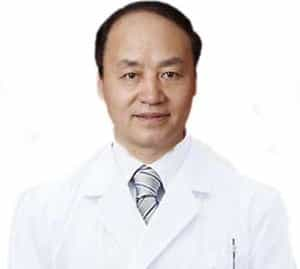 The treatment team at Beijing Puhua Hospital comprises experienced oncologists, hematologists, and immunologists specializing in CAR-T therapy. These experts bring a wealth of knowledge and expertise to the table, ensuring optimal treatment outcomes through personalized care and meticulous attention to detail. Patients can trust in the proficiency and dedication of their treating physicians, who work collaboratively to devise tailored treatment strategies and support patients through every step of their cancer journey.
The treatment team at Beijing Puhua Hospital comprises experienced oncologists, hematologists, and immunologists specializing in CAR-T therapy. These experts bring a wealth of knowledge and expertise to the table, ensuring optimal treatment outcomes through personalized care and meticulous attention to detail. Patients can trust in the proficiency and dedication of their treating physicians, who work collaboratively to devise tailored treatment strategies and support patients through every step of their cancer journey.
Is CAR-T Treatment Right for You?
-
Cancer Type and Stage: CAR-T therapy is most suitable for certain types of blood cancers, including leukemia and lymphoma, particularly in patients who have relapsed or failed to respond to standard treatments.
-
Overall Health Status: Candidates for CAR-T therapy undergo rigorous medical evaluations to assess their overall health and suitability for treatment, considering factors such as organ function, performance status, and comorbidities.
-
Treatment History: Patients' treatment history, including prior therapies and responses, informs treatment decisions, with CAR-T therapy often considered for patients who have exhausted conventional treatment options.
-
Expectations and Preferences: Open communication with healthcare providers is crucial to align treatment goals and expectations, as well as address any concerns or preferences regarding treatment modalities and potential outcomes.
-
Financial Considerations: While CAR-T therapy offers promising results, patients should consider the financial implications of treatment, including insurance coverage and out-of-pocket expenses, to make informed decisions about their care.
What to Expect During the CAR-T Treatment?
-
Pre-Treatment Preparation: Prior to CAR-T therapy, patients undergo comprehensive evaluations, including medical assessments, imaging studies, and cardiac and pulmonary tests, to ensure their eligibility and optimize treatment outcomes.
-
Treatment Administration: CAR-T therapy involves several steps, starting with T cell extraction followed by genetic modification and expansion in a laboratory setting. The modified T cells are then infused back into the patient, where they target and eliminate cancer cells.
-
Monitoring and Supportive Care: Throughout the treatment process, patients receive close monitoring and supportive care to manage potential side effects such as cytokine release syndrome (CRS) and neurotoxicity, ensuring their safety and well-being.
-
Post-Treatment Follow-up: Following CAR-T therapy, patients undergo regular follow-up appointments and assessments to monitor treatment response, manage any lingering side effects, and provide ongoing support and guidance.
FAQs (Frequently Asked Questions)
What types of cancer can be treated with CAR-T therapy at Beijing Puhua Hospital?
CAR-T therapy is primarily indicated for certain types of blood cancers, including leukemia and lymphoma, particularly in patients who have relapsed or failed to respond to standard treatments.
How does CAR-T therapy differ from traditional cancer treatments?
Unlike traditional cancer treatments such as chemotherapy and radiation therapy, CAR-T therapy harnesses the power of the immune system to target and eliminate cancer cells specifically, offering a more targeted and potentially curative approach.
What are the potential side effects of CAR-T therapy?
CAR-T therapy can be associated with side effects such as cytokine release syndrome (CRS) and neurotoxicity, which may range from mild to severe. Close monitoring and supportive care are provided to manage these side effects and ensure patient safety.
Is CAR-T therapy covered by insurance or medical tourism packages?
Coverage for CAR-T therapy may vary depending on individual insurance plans and medical tourism packages. Patients are encouraged to consult with their insurance providers or medical tourism facilitators to determine coverage and financial considerations.
What is the success rate of CAR-T therapy at Beijing Puhua Hospital?
While individual treatment outcomes may vary, CAR-T therapy at Beijing Puhua Hospital has demonstrated high response rates and prolonged remissions in patients with refractory or relapsed blood cancers, offering hope for improved survival and quality of life.
Get FREE CONSULTATION for CAR-T Treatment for Cancer in Beijing China at PlacidWay!
Ready to embark on your journey to CAR-T therapy at Beijing Puhua Hospital? Take the first step toward renewed hope and healing by booking your consultation today through PlacidWay Medical Tourism. Our dedicated team is here to guide you through the process, answer any questions you may have, and facilitate a seamless experience from consultation to treatment and beyond.




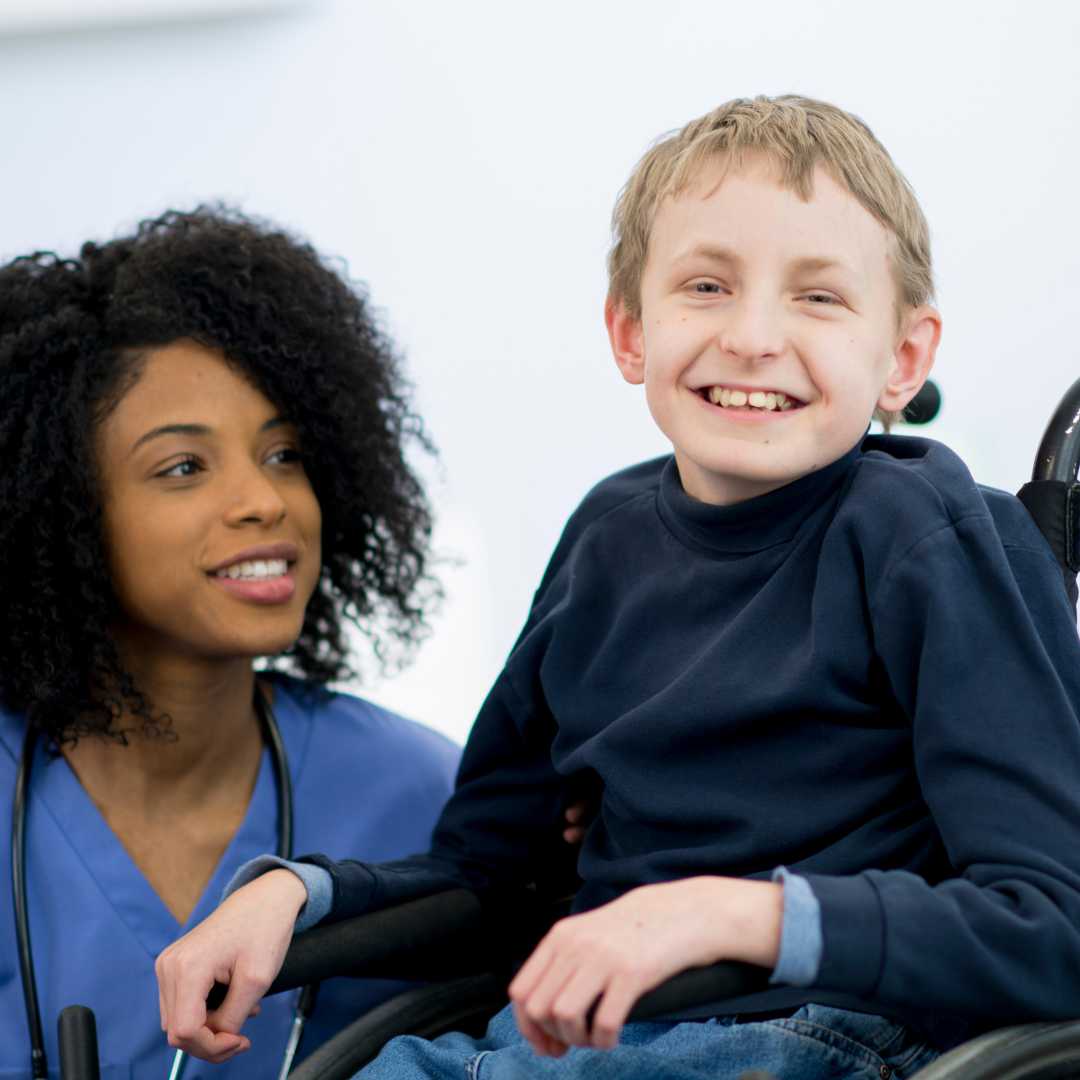
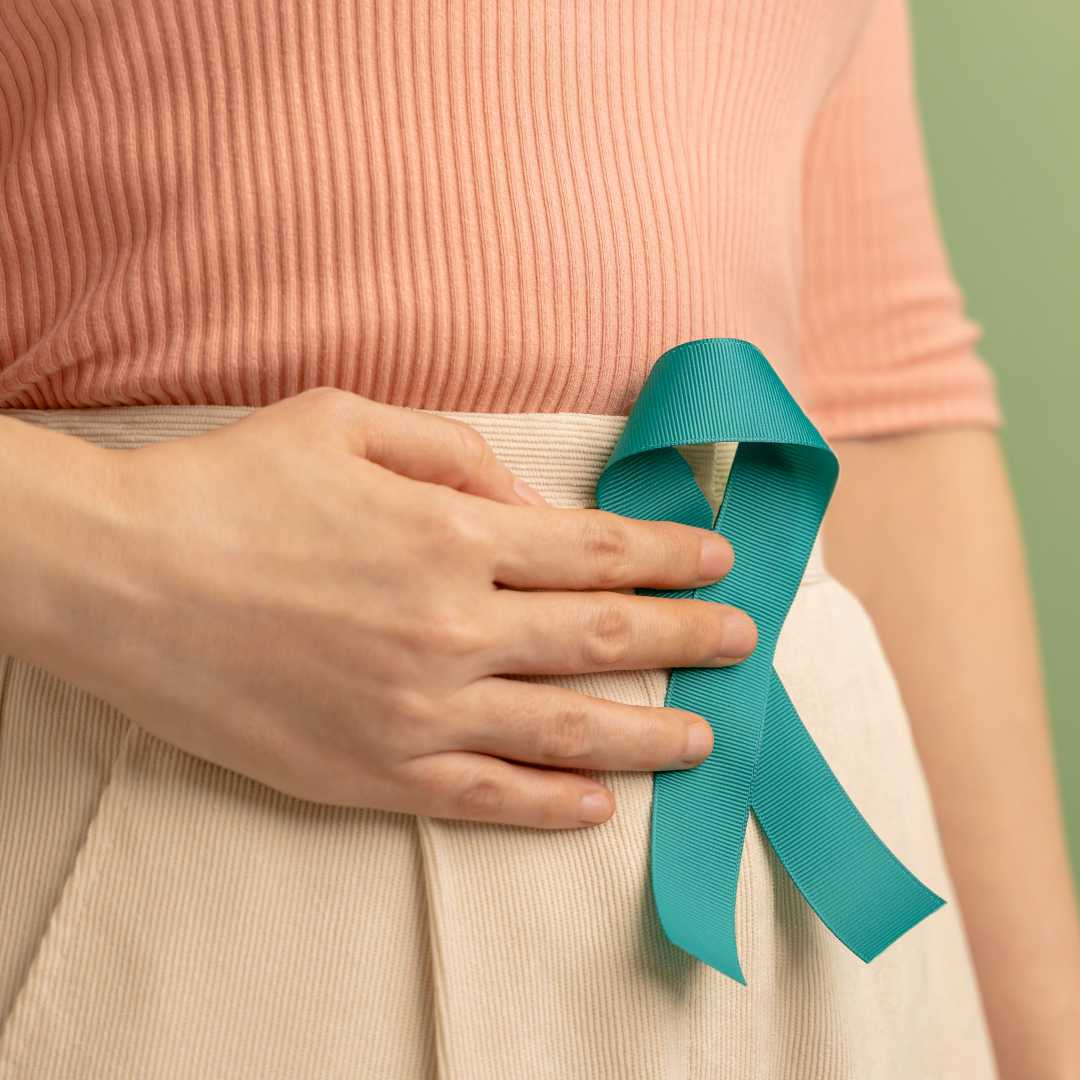
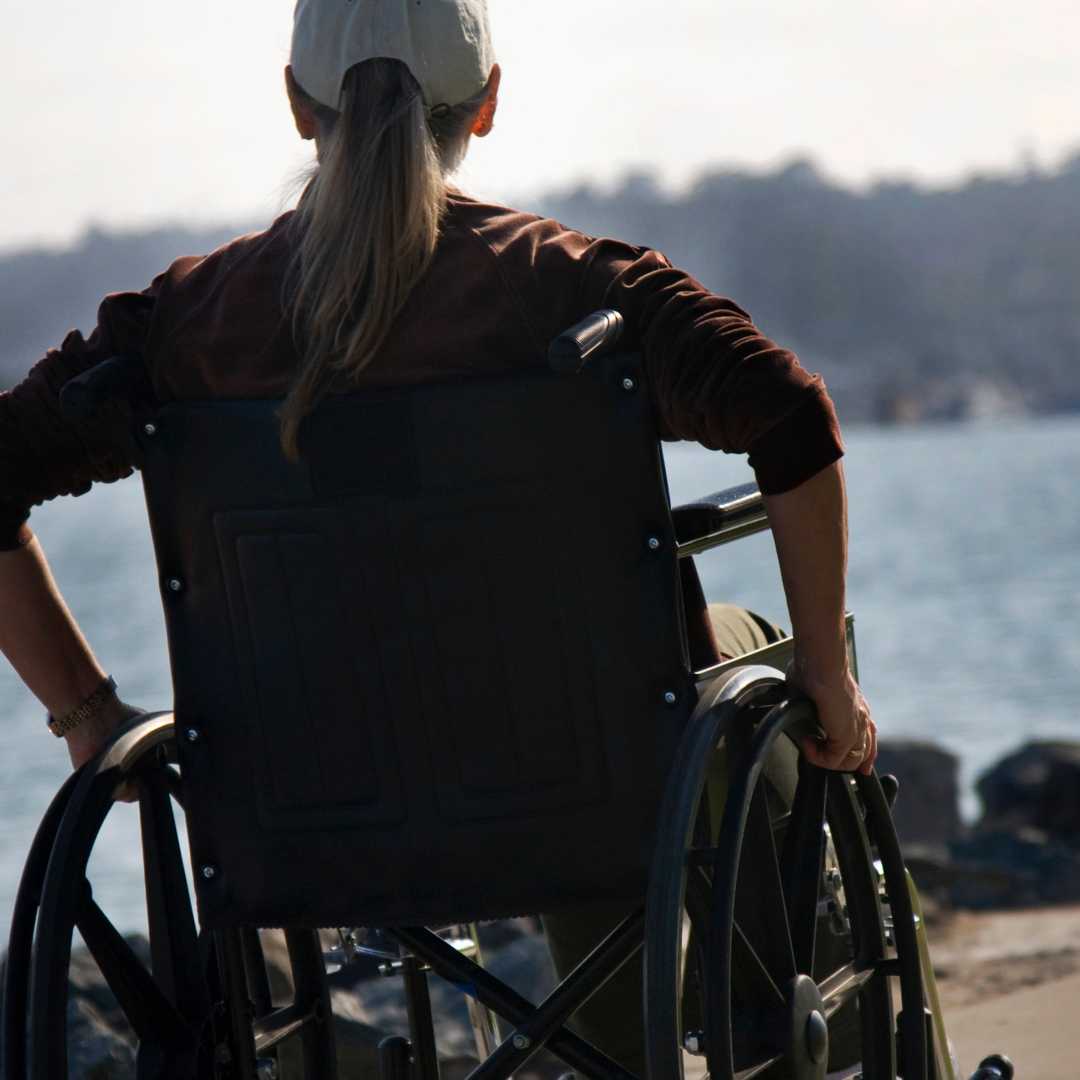
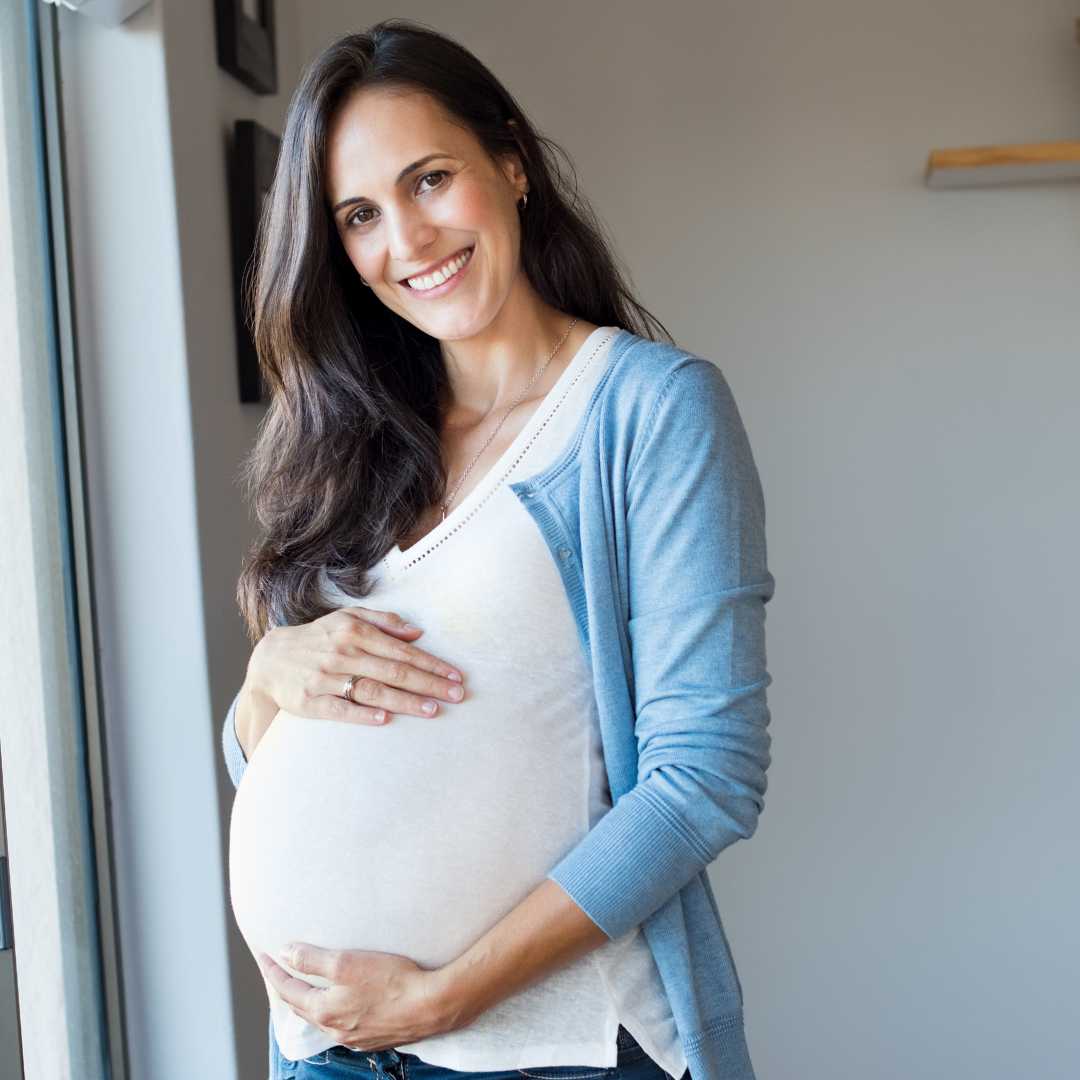

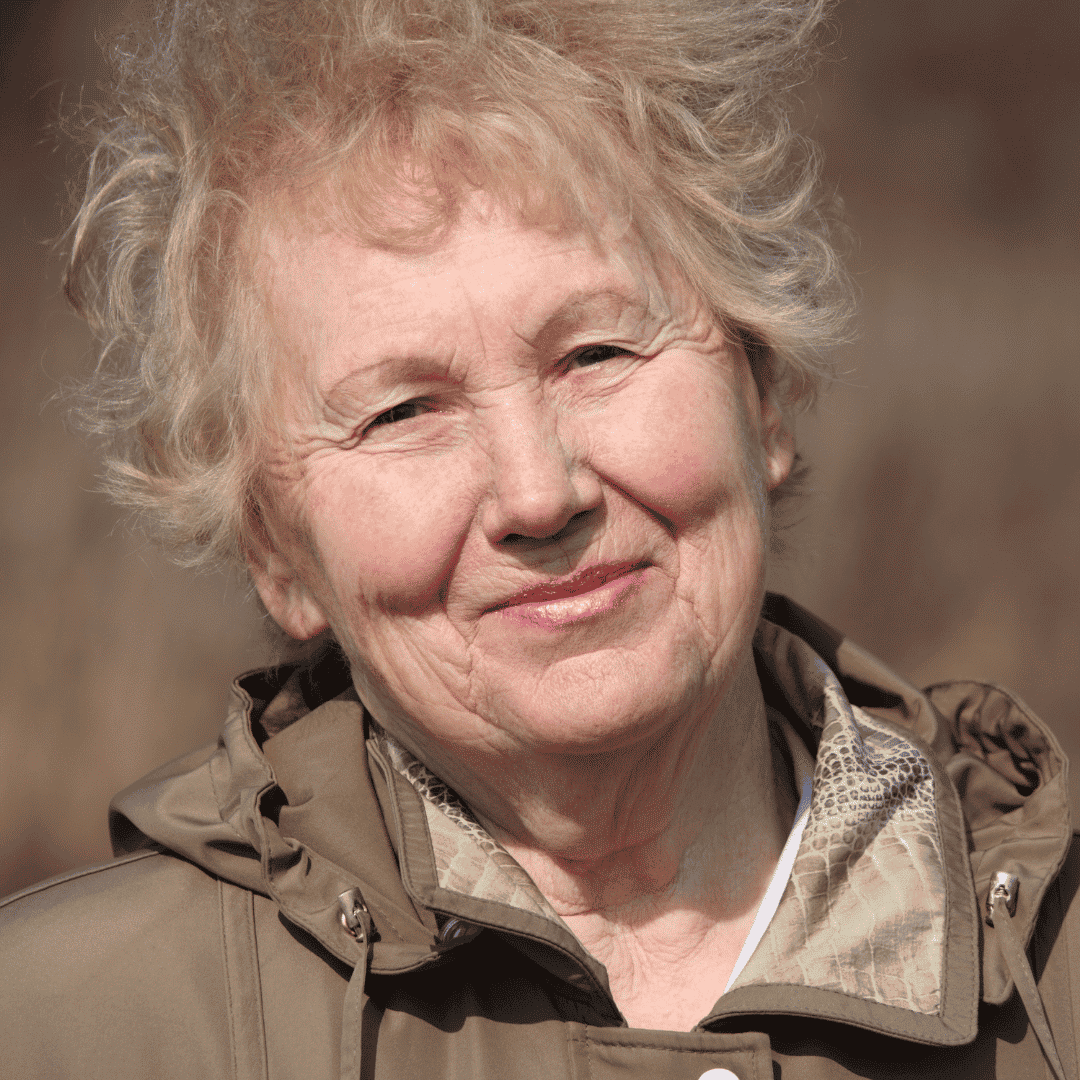

.png)

Share this listing